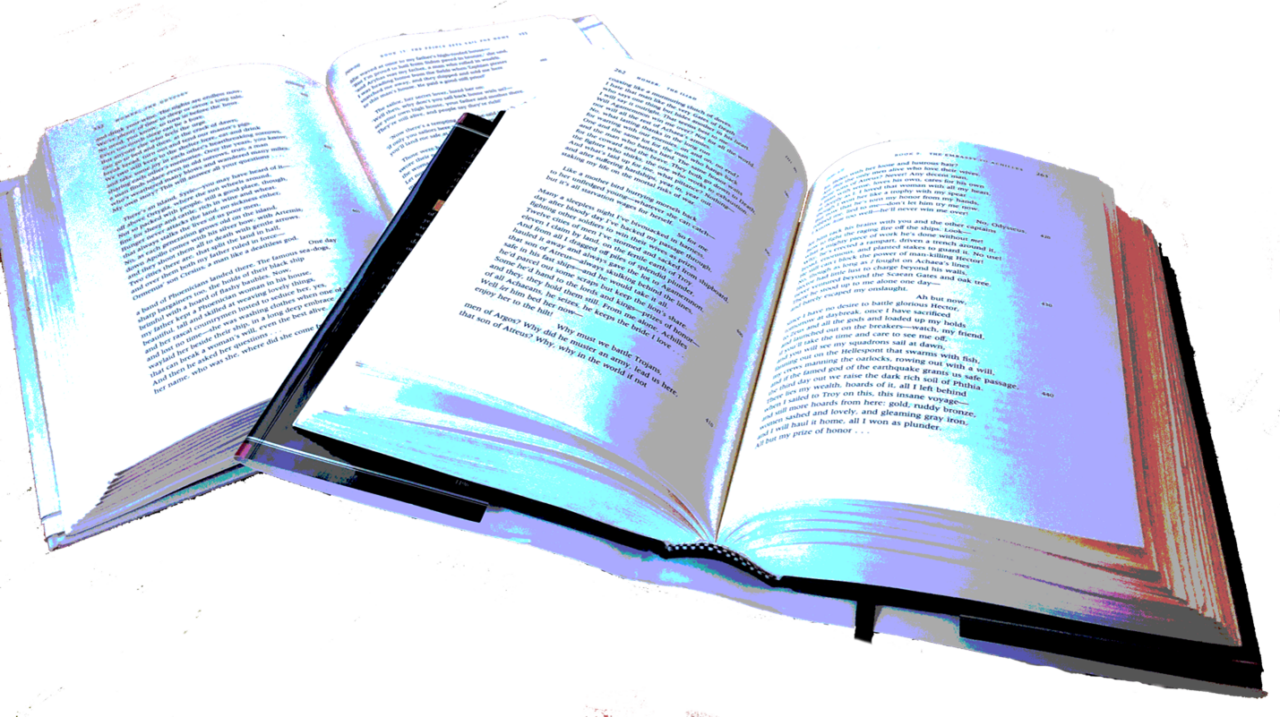Creative Writing Minor

The creative writing minor is a flexible add-on to your major that enhances your communication skills while exploring your passion for books, words, and storytelling. It is a perfect complement to majors, such as Marketing, Politics & Law, Film, Graphic Design, Theater, and many more. Creative writing gives you professional and critical-thinking skills while feeding your curiosity and imagination.
The 15-credit creative writing minor is for students not majoring in creative writing. It is offered by the School of the Arts, Maxwell Becton College of Liberal Arts and Education, at both the Florham and Metro campuses.
Requirements at Florham
Required Course (3 credits)
- CREW1001 Introduction to Creative Writing
Elective Courses (12 credits)
Three courses from the following:
- CREW2002 Creative Writing: Fiction
- CREW2003 Creative Writing: Poetry OR CREW3080 Music and Poetry OR CREW3080 Ways of Seeing
- CREW2016 Creative Writing: Nonfiction OR CREW3018 Advanced Nonfiction
- CREW2255 Playwriting and Dramatic Structure
- CREW2250 Screenwriting
One course from the following:
- CREW3010 Invented Worlds
- CREW3020 Reading as Writers
- CREW2020 Literature in Love & War
- CREW2400 Current American Literature
- CREW2401 Current World Literature
- OR Any LITS course (Literature)
Requirements at Metro
Required Course (3 credits)
- CREW1001 Introduction to Creative Writing
Elective Courses (12 credits)
Three courses from the following:
- CREW2002 Creative Writing: Fiction
- CREW2003 Creative Writing: Poetry
- CREW2016 Creative Writing: Nonfiction
- CREW2250 Screenwriting
One course from the following: